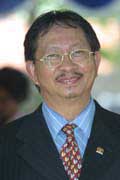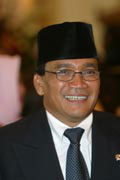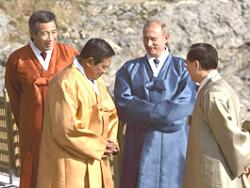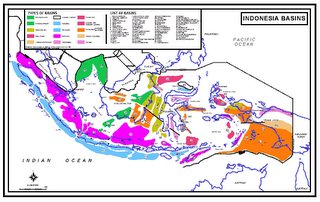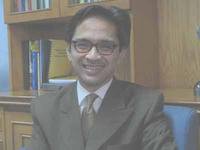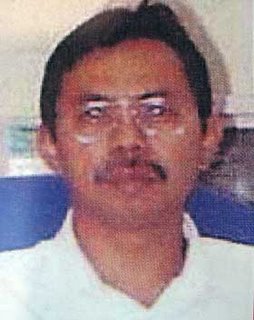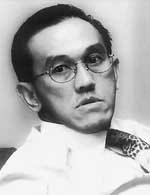The title of the discussion was
Increasing Indonesia's Oil Production with four panelists. They were
Novian M. Thaib (from Directorate general for oil and gas),
Trijana (BP Migas, Up-Stream Oil and Gas Regulator),
Bur Maras (legislator from Partai Demokrat),
TN Mahmud (former Mobil Indonesia CEO), and
Karsani Aulia (CEO of JOB Pertamina-Bumi Siak Pusako).
The three and a half hour discussion was designed to answer two major questions: Why
Indonesia's oil production declined and how to raise that. To be frank, the discussion could be cut-short to one our only as most of the audience (my presumption) were aware of the first question on
why. The first-four panelists repeated over and over the
why issue with almost similar
answers, most of them had been appeared in newspapers.
For almost two-hours of 10-minute each (expanded to 20-minute each), I keep complaining to my friend of how inefficient the way the panelists deliver their key messages. If I may make the score, 9 out of 10 of time available was used to explain the why. Poor research, hefty bureaucrazy, autonomy euphoria, legal uncertainty, depleting reserves, financing difficulties, etc. (I would list down the complete answer on this why later on).
Panelists agree on one-thing; Indonesia is in emergency situation to boost exploration activities. Key target:
1.3 million barrel per day by 2009. Some optimistic the target would be reached, provided that the giant
Cepu oilfield (has the potential of 200,000 bpd) could start commercial operation immediately. Others believe the target is not realistic given the gigantic challenges in the industry and the politics.
But how?
Exploration, Exploration, and Exploration! But how to boost exploration activities? Most of panelists believed that Indonesia should attract foreign oil giants. Give them more incentives? Nope! High crude oil price inherently already an incentive, right? They won't come. So what?
One panelist proposed Indonesia Incorporation, the idea many people might think a mere dream. But he insist that Indonesia is not simply in the giant's portfolio anymore. "We are in the seller's market situation. The oil giants wouldn't come to a lesser attractive places like Indonesia. They have too many options at the moment. We shouldn't wait for them to come. We should start by ourselves," he said.
He elaborated further of how the Indonesia Incorporated should work. Government, universities and research institutes conduct the geological studies and exploration. Once they find oil reserve, open the bid to investors.
But such activities need a lot of money, right? Well, government could allocate, let say US$200 million out of its tens of billions oil and gas income for research and exploration.
For sure, it's going to take few more years should Indonesia adopt the idea. The fastest way, for sure, is to start immediately the
Cepu block. But how?
Some panelists said it would be better and realistic to appoint
ExxonMobil as the operator. They said implementing the rotating system would be stupid thing, ilogical, and applicable only for those who don't understand the petroleum activity.
How about a joint operatorship like in the form of
Joint Operating Body (JOB) implemented by
Pertamina with other oil and gas contractors?
"That is an ideal concept, but experience taught us that none of Pertamina's JOB works well as Pertamina simply put its people without financing support on the investment," said a BP Migas officer.
Go East, one panelist said. Easter part of Indonesia is underdeveloped. "But nobody would Go East if no basic data available. Provide the accurate basic data first," said other panelist.
Who should make the data available?
